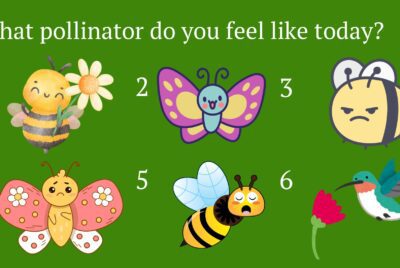RESEARCH
Therapeutic Horticulture and Desistance from Crime
Summary
This paper explores how therapeutic horticulture programs in correctional settings can potentially help people stop committing crimes, a process known as desistance. The author reviews various studies on prison gardening programs and compares their outcomes to what is known about factors that help people move away from criminal behavior. The paper identifies several areas where horticulture programs could contribute to desistance, including education and job training, mental health and wellness, community connections, spirituality, and identity transformation.
The author emphasizes that for these programs to be effective, they need to be carefully designed and implemented with specific goals in mind, rather than just assuming any interaction with plants will be automatically beneficial. The paper also discusses potential pitfalls, such as programs that focus more on institutional needs than on helping participants, and the importance of considering alternatives to incarceration. Overall, the research suggests that well-designed therapeutic horticulture programs have the potential to support people in moving away from crime, but more research is needed to fully understand their impact.







